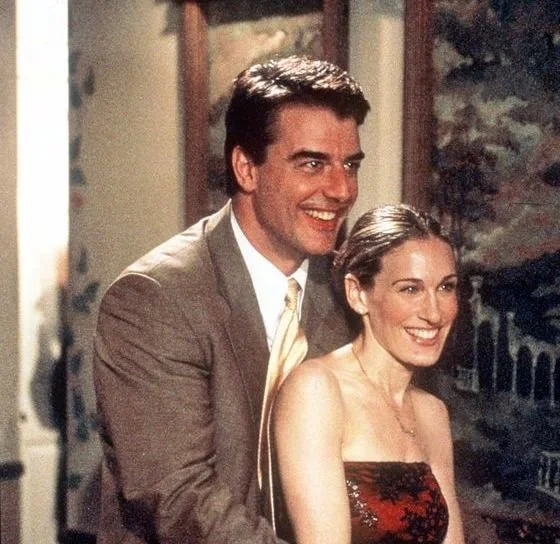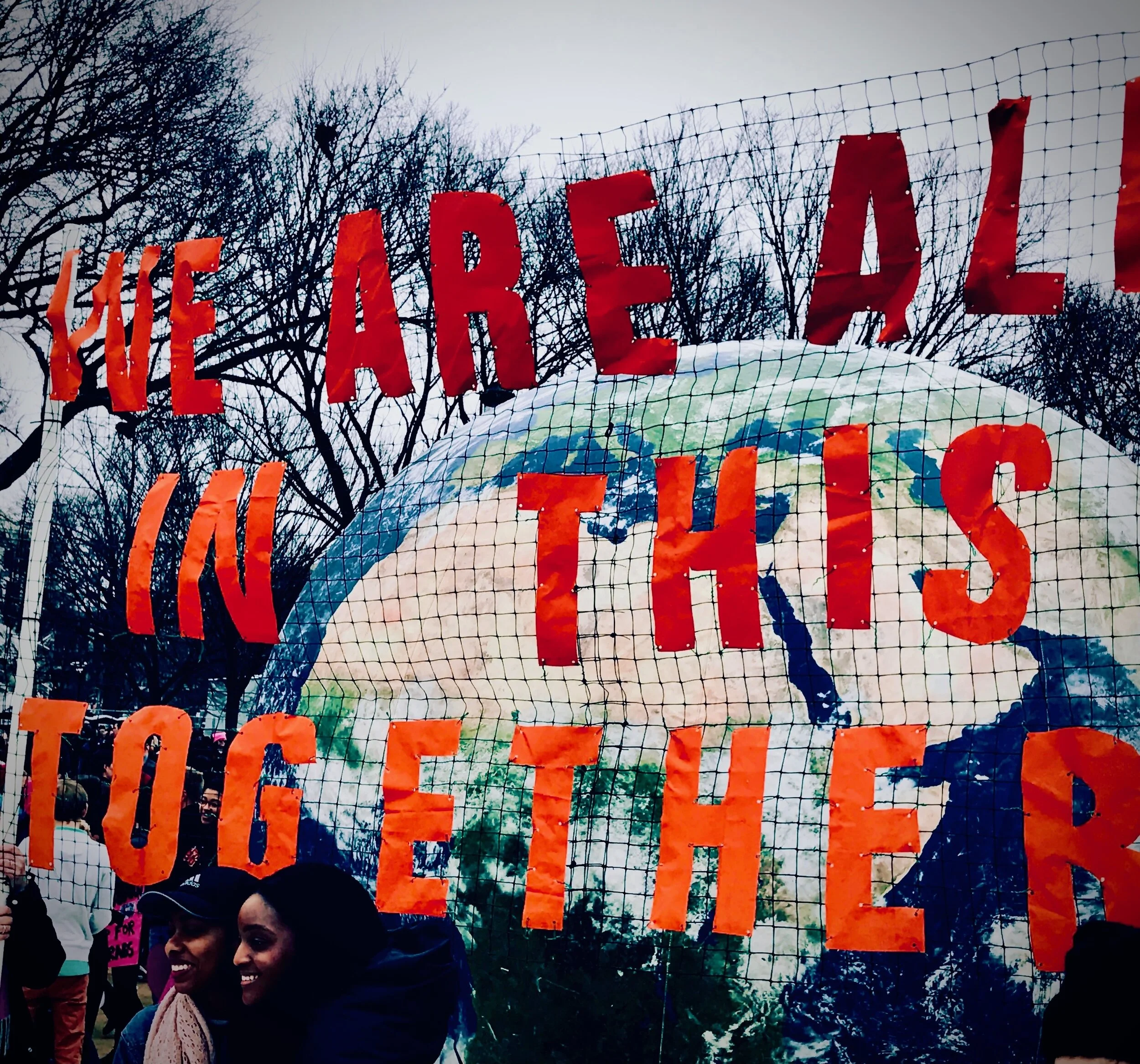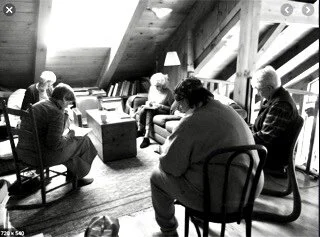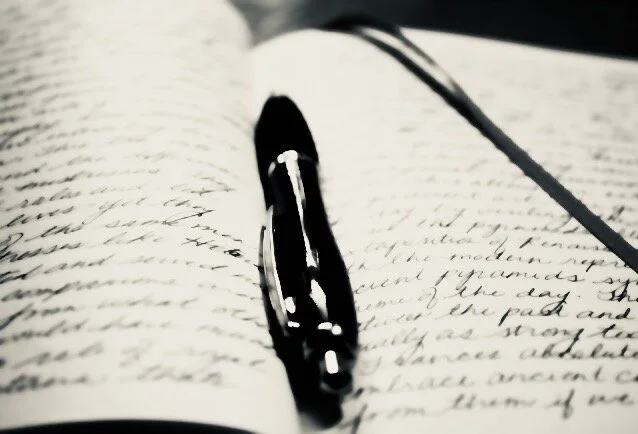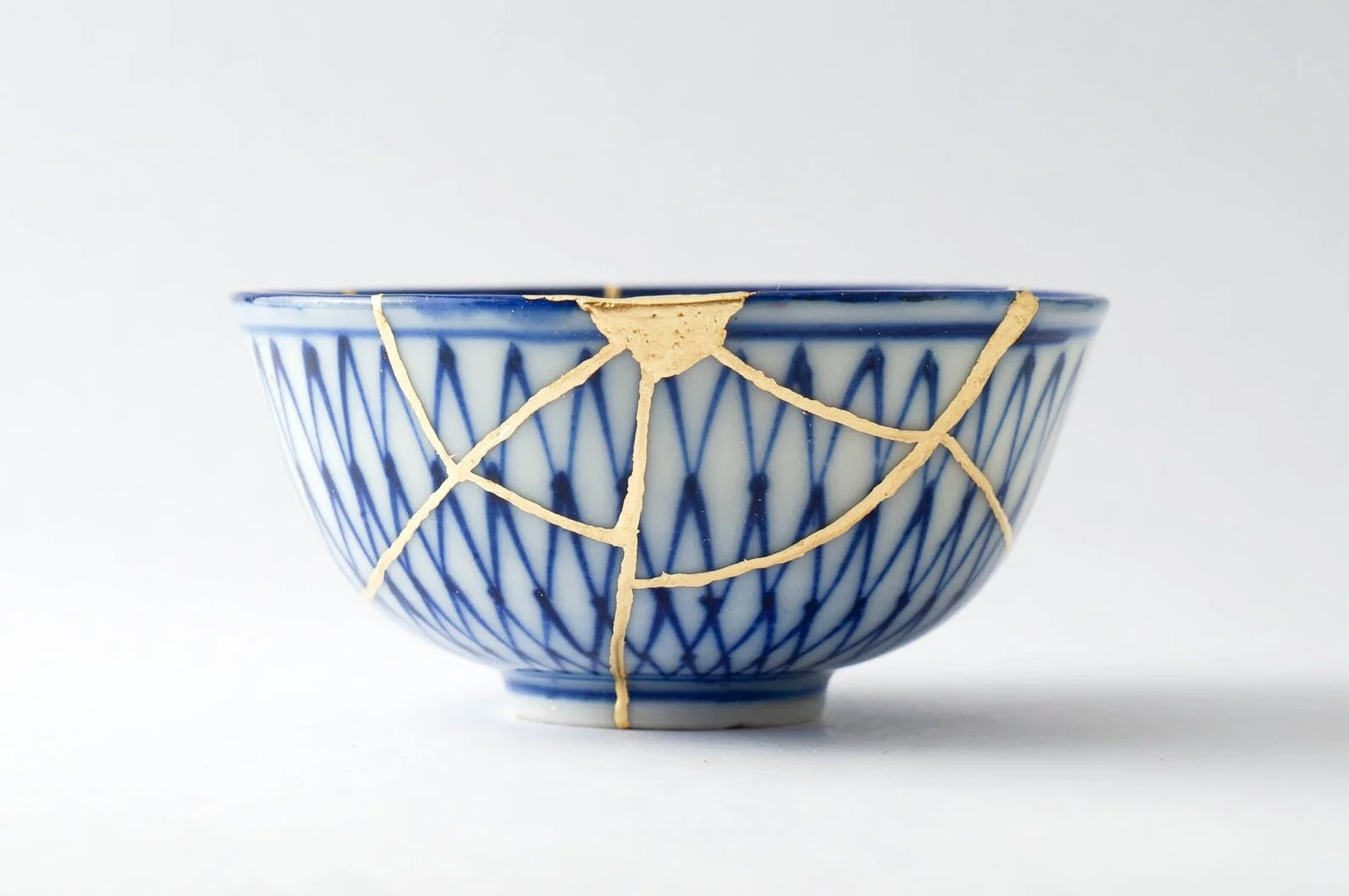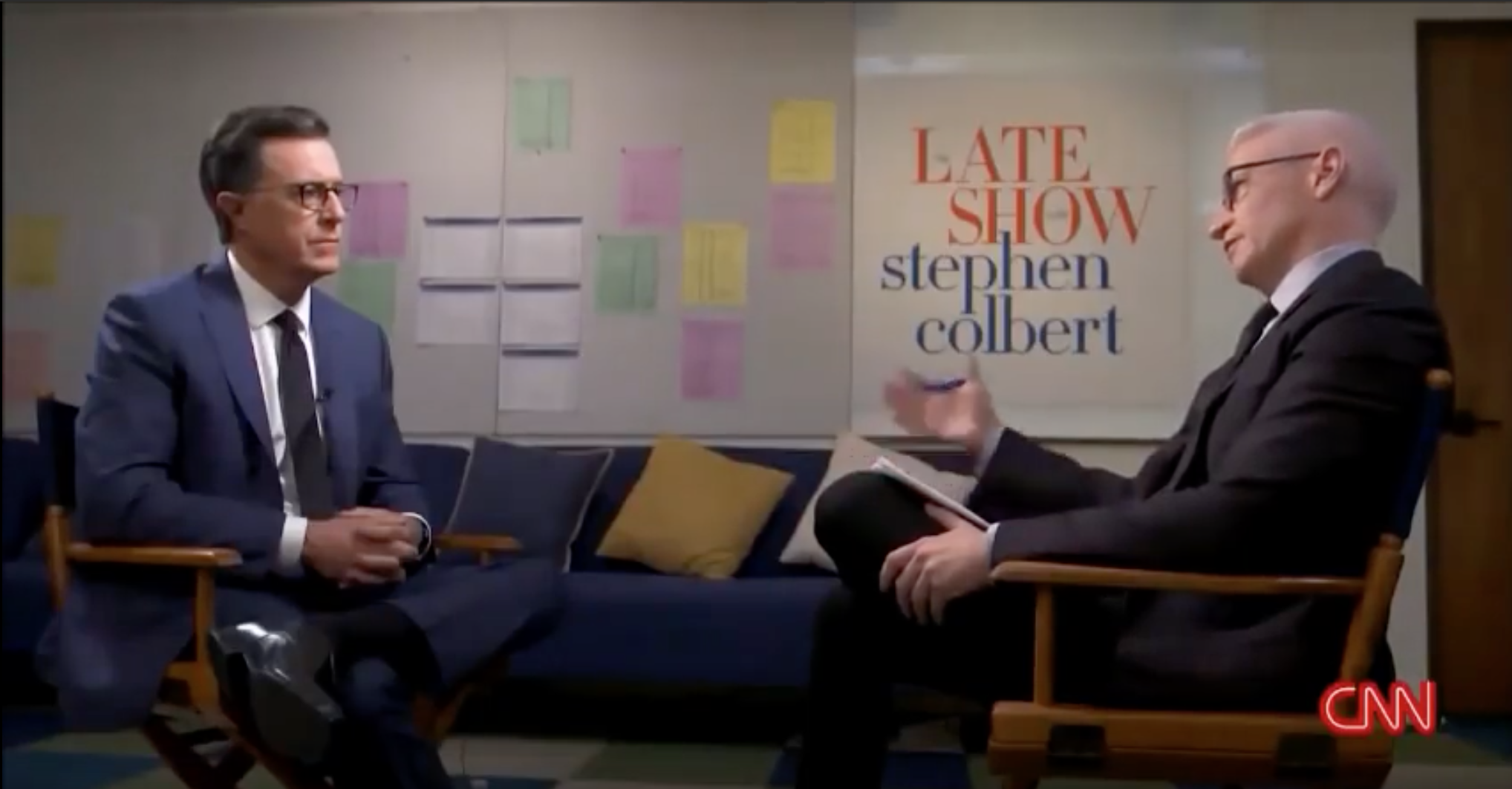The actress and mental health advocate shares how she coped while mourning the loss of her mother, the country music singer Naomi Judd, who died by suicide.
Read MoreKatherine May, the best-selling author, has one simple question to help you get started.
Read MoreRoland is a long-term meditator, a psychopharmacologist and professor at Johns Hopkins…
From Tara Brach
Read MoreThis article by Lindsay Kyte profiles five people who offer Buddhist wisdom to people who are dying and those close to them. Chronicled is the story of the Vassilaros family.
Read More“If you want to be the most human you can be, then this is part of that,” Cooper says, of grief. “Grief enables you to love more fully, to experience things more fully.”
Read MoreWashington Post article by By Karen Attiah
But for a while, I wanted 36 to come in quietly, shut the door, take off its shoes, and just please not touch or break anything in my house.
Read MoreVogue article by Olivia Jordan Cornelius
I guess the idea of crippling grief is too scary, tiring, and unpalatable. So when Big died in the opening episode of And Just Like That, I imagined Carrie would be dating again by Episode 2. Instead, the show held space for half a season.
Read More“The paradoxical effect of losing a loved one is that their sudden absence can become a feverish comment on that which remains… a luminous super-presence.”
Read More“Why our instinctive efforts to salve another’s sadness tend to only deepen their helpless anguish and broaden the abyss between us and them — and what to do instead.”
Read MoreHayley Phelan for The New York Times
“Studies have also found that writing in a journal can lead to better sleep, a stronger immune system, more self-confidence and a higher I.Q.”
Read MoreBJ Miller for the New York Times
“This year has awakened us to the fact that we die. We’ve always known it to be true in a technical sense, but a pandemic demands that we internalize this understanding. It’s one thing to acknowledge the deaths of others, and another to accept our own. It’s not just emotionally taxing; it is difficult even to conceive. To do this means to imagine it, reckon with it and, most important, personalize it. Your life. Your death.”
Read MorePhsycology Today article by Susanna Newsonen
"You're rushing around your house and you accidentally knock a precious vase to the floor. It smashes into pieces immediately. What do you do next? Do you see the vase as garbage now and throw it in the bin? Do you collect the pieces and try to put them together exactly as it was? Or do you pick up your favourite pieces from the pile and use them to create something new, like a colourful mosaic?"
Read MoreInsight Into Diversity article by Mariah Bohanon
“Too often, medical training ingrains a singular focus on the body, dismissing other patient concerns as small talk, Charon says. English majors, however, are trained to understand the perspective of others and deduce meaning from tone, sentence structure, and other narrative elements.”
Read MoreInterview with David Kessler
“Finding Meaning” is Kessler’s poignant response to society’s insensitivity. Just about everyone has had some form of loss — a death, divorce, betrayal, end of a career — and though he never intended his book as a memoir, “Finding Meaning” draws much of its power from Kessler’s own despair after David’s death.
Read MoreArticle By Scott Barry Kaufman for Scientific American
Resilience and strength can often be attained through unexpected routes.
Read MoreIs there an end to the suffering of grief? How can writing possibly help? Playwright and workshop leader Alexandra Gersten-Vassilaros speaks about coming together in a non-judgmental group setting to write can lighten the load.
Read More







